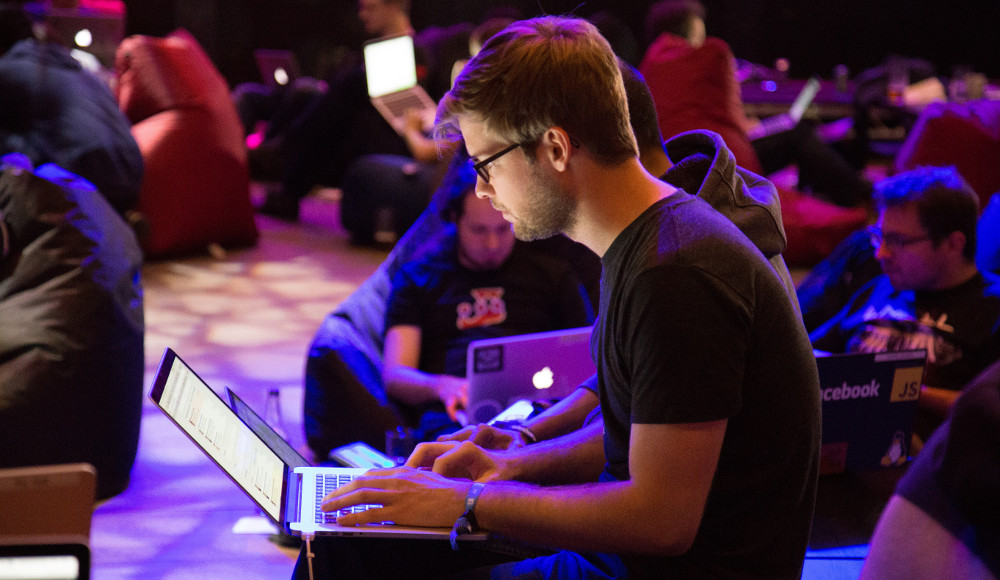
Over the previous few weeks we’ve heard from a range of lecture recording PTAS projects. In this week’s post, Sarah Cunningham-Burley provides an overview of the other active lecture recording Principal’s Teaching Award Scheme (PTAS) projects, and gives an insight into the work of the Lecture Recording Engagement and Evaluation Group…
The Engagement and Evaluation Group was set up to support wide engagement with the opportunities offered by the introduction of lecture recording to benefit learning and teaching at the University. The group’s primary function is to establish and oversee the implementation of a strategy for the effective evaluation of the benefits realised by the implementation of lecture recording and the sharing of these results.
In addition, the group is responsible for monitoring the research work funded by the Lecture Recording Programme as part of PTAS. It also aims to explore the potential of lecture recording to act as a catalyst for the transformation of learning and teaching, and promotes the presentation of such innovation within and beyond the University. The group will continue to meet through to 2020 to drive these activities for the benefit of all.
A series of facilitated workshops is being planned to help academic colleagues and students to work together to consider how to make best use of lecture recording for both teaching and learning. Starting next month, the workshops will run through Semester 2, with the aim of having materials in place for the start of teaching 2019/20 to support staff and students using the service.
If you’ve been following the mini-series, you’ll know that we’ve been featuring the findings from the lecture recording PTAS projects. The remaining three are less developed than those that have already been featured but provide a useful insight to the thinking of colleagues into how lecture recording could be developed and enhanced here at Edinburgh.
1. Enriching recording lectures through linking and creation of rich media content
A team from the School of Informatics and Edinburgh College of Art is exploring what factors encourage and discourage use of diverse rich media materials in conjunction with lecture recordings. The team is using a “research through design” approach, working with students both as learners and as researchers. There is also a very practical element to the project with the development of educational applications, interfaces and learning practices. You can find out more from john.lee@ed.ac.uk.
2. Lecture recordings – domestic and international student comparison
Are teaching resources and lecture recordings equally useful to domestic and international students? That is the question being addressed by a team from the Medical School in this PTAS project. By examining Differential Attainment, the team hope to draw some conclusions on how learning resources – especially lecture recordings – can be improved to support learning, improve student satisfaction and preparation for assessment. They also plan to evaluate any potential unfairness to underrepresented groups, using international students as a starting point. You can find out more from David.hope@ed.ac.uk.
3. Teach learn replay
In this ambitious one-year study, a team from the School of Engineering intend to build, from commercial, off-the-shelf devices, a flexible, portable, and high-quality recording facility that can be used by staff throughout the School to create a variety of teaching materials. The driver for this development is a desire to extend the capabilities of lecture recording to other areas of teaching and learning outside the restricted set-up of a lecture theatre, such as recording teaching laboratories. This will enable student-led peer assessment, the production of bespoke videos, and additional footage for existing lectures, and creating lecture previews or course summaries. The team will evaluate the benefits of providing the facility and measure uptake. Find out more from Frank.Mill@ed.ac.uk or Cinzia.Pusceddu@ed.ac.uk
Lecture recording is here to stay. Our challenge is to make effective use of the technology. Its roll-out across the University can serve as a prompt to make us think about how we teach and learn. We can gain much insight from the innovative practices of our colleagues and assess if they are relevant to our own subject areas. Staff and students should work together to shape the multiple ways in which lecture recording can enhance teaching and learning. The Engagement and Evaluation Group is committed to overcoming barriers to support staff and students and identify what works well, in which contexts, and for whom.



I think it’s a shame that none of these projects seem to be considering lecture recording from the perspective of working conditions, and how it may/does change classroom dynamics. For a great critical take on the research on lecture recording, including potential workplace effects, see: https://medium.com/ussbriefs/lecture-capture-dubious-scholarship-and-market-forces-6f6c8dcb960d
Hi Sophia – thanks for your comment on the research programme to date. All of the projects mentioned in the article above were funded through the Principal’s Teaching Award Scheme (PTAS) and are the projects that our academic community have proposed. We’d be very pleased to see a project proposal that explores some of the areas that you suggest. The next deadline for the PTAS awards is March 2019 and there will be another lecture recording special call within the programme. I’d be very happy to chat to anyone who wants to put together a proposal and answer any questions.